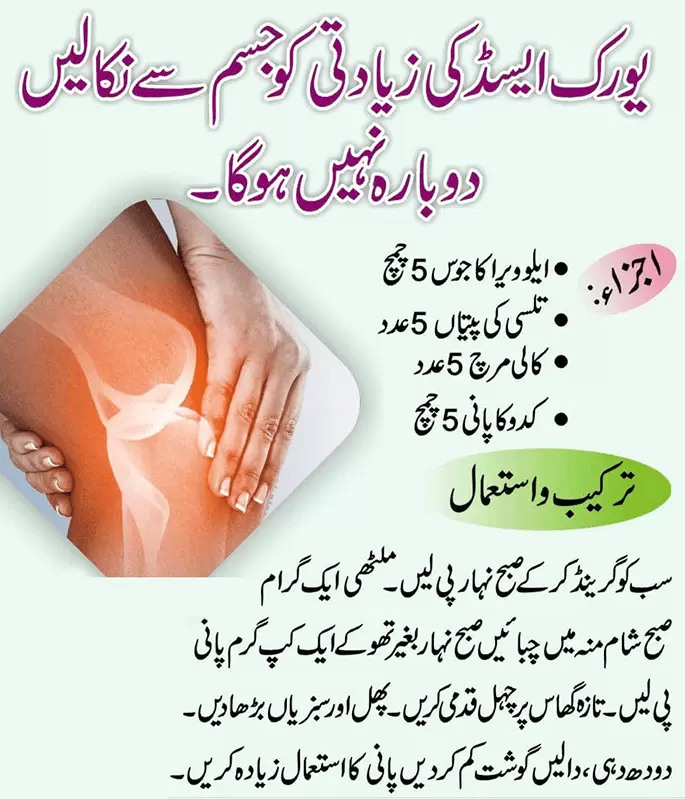London: Eating fruit, vegetables, and low-fat dairy could be successful in helping gout sufferers, according to a new report yesterday. The latest research indicates that a healthy diet can effectively lower blood levels of uric acid, a known trigger of gout.

The findings are published in Arthritis & Rheumatology, a journal of the American College of Rheumatology. High uric acid in the blood plays a key role in gout, an extremely painful form of arthritis that results in profound disability and healthcare expenses.
Diet has long been identified as an essential determinant of blood uric acid levels, but there is virtually no clinical trial evidence to inform food choices by physicians and patients.
Stephen Juraschek, MD, Ph.D., of the Johns Hopkins University School of Medicine, and his colleagues looked at the potential of the Dietary Approaches To Stop Hypertension (DASH) diet, a diet with well-established benefits for lowering blood pressure, for reducing uric acid.
The DASH diet emphasizes fruits, vegetables, and low-fat dairy foods and reduces the consumption of saturated fat, total fat, and cholesterol. It also contains whole grains, lean meats, fish, nuts, and beans. The investigators assessed a randomized, crossover feeding trial in 103 adults with pre-or stage 1 hypertension.

Participants were randomly assigned to receive either the DASH diet or a control diet (typical of the average American diet) and were further fed low medium, and high sodium levels for 30 days, each in random order.

The DASH diet lowered uric acid on average by 0.35 mg/dL. In individuals with uric acid levels >7 mg/dL, however, which is common among patients with gout, the DASH diet lowered uric acid by >1 mg/dL.

While the researchers hypothesized that reducing sodium intake would lower uric acid levels, they found that the opposite was true: higher sodium intake (which was about equal to the average sodium consumed in a typical American diet) decreased uric acid levels compared with low sodium intake.
The mechanism by which increased sodium intake decreases uric acid is unclear. The findings suggest that the DASH diet may represent an effective, non-pharmacologic approach to preventing flares in patients with gout.